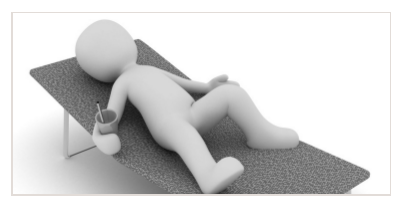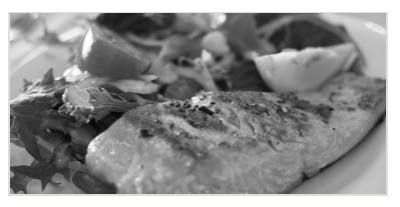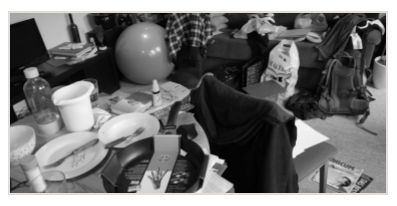Once again, if the tense is called simple, it is extremely easy; so do not worry.
To make a phrase in the future simple tense, we take two simple steps:
We add “will”
I/You/We/They/She/He will.
This can be shortened to I’ll/You’ll/We’ll/She’ll/He’ll.
(The old-fashioned form “shall” may linger on in the speech of older folks.)
We add the infinitive of the main verb, e.g.
It will be alright!
We need the future simple tense to speak about:
Our intentions (though not pre-arranged intentions and plans).
Decisions that were made at the moment of speaking (I will/I think I will).
Offering to do something for someone:
|
|
 |
|
| I’ll do it for you. – Thank you, that will help. | Will you work in the afternoon? – I don’t think so. |
|
|
|
 |
|
| He says he will not (won’t) eat; he dislikes fish. | You won’t like this idea tomorrow: you’ll need to have more rest. |
|
|
|
 |
|
| We think we will not (won’t) go there with you. We have a lot to do at home. | They’ll come at 7 pm, they say.
|
|
|
|
 |
|
| She will not (won’t) answer even tomorrow. We can’t make her change her mind. | I won’t remember my plans next week if I don’t write them down. |
|
Other ways to say something in the future tense:
Using the present continuous tense for a previously arranged action:
You are visiting Paris next month.
Yes, we are leaving for Paris on 3rd January.
Using the construction “to be going to do something”:
I am going to make a cake for you.
Aren’t you going to do it without my permission?
Using the present tense for scheduled actions:
The shop opens at 9 am.
The bus comes at 9:15.
Using the construction “to be about to do something” (for an action in future):
Oh, my cake is about to explode!
He is about to take off.
Using the construction “to be on the point of doing something” (for an action in the very near future):
They are on the point of pushing the button!
Your cameras are on the point of touching their faces!












